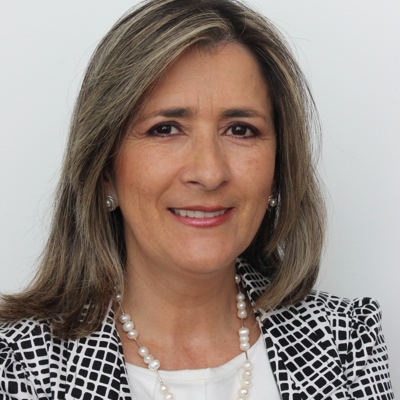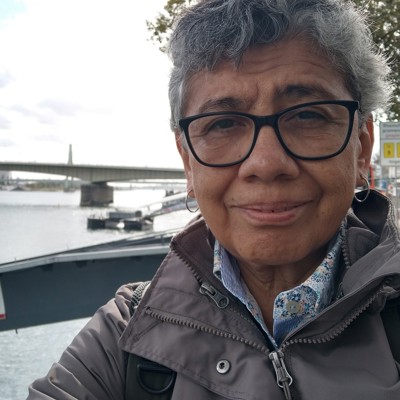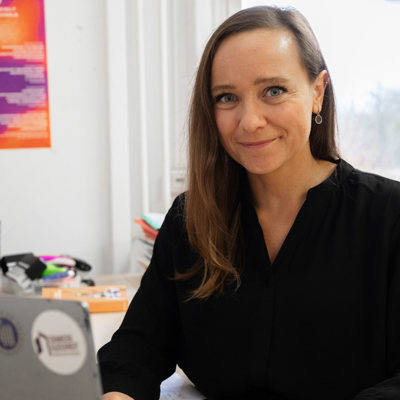June 5, 2024, 16:25 pm – 16:55 pm
Shaping digital Transformation through International Cooperation
The digital evolution in higher education is not limited to a technological upgrade, but constitutes a process that requires the convergence of efforts at individual, institutional and collaborative levels to ensure a successful transition towards a higher education adapted to the demands of the 21st century (Basilotta et al, 2022; Castañeda et al., 2023; Nuñez-Canal, et al., 2022).
In this sense, how can digital teaching through an international cooperation be improved? What kind of joint actions are future-proof? What are the key components and factors of success? We want to give some food for thoughts by introducing DigiUGov, an Erasmus+ Capacity Building project among Latin American and European higher education institutions. DigiUGov, i.e. Digitalization meets University Governance, aims at improving institutional support of academic staff in teaching in digital formats, exchange of resources and digitalization of administration. Through active collaboration between the institutions and the adoption of evidence-based approaches, the project aims to foster an enabling environment for educational innovation and sustainable development in the digital age.
Projects like DigiUGov combine collaborative work in a diverse consortium, digital skills development for various status groups and sharing of best practices. They can act like a catalyst for the digitalization in higher education institutions. We believe that a sensitiveness on diversity, an efficient coordination, low-threshold tools and formats are the keys to success. In the light of this context, we will present the multidimensional role of diversity in the project and our lessons learned by not sugar-coating the challenges and feedbacks from the project members. As an exclusive take-away from our input, we will also share a self-assessment tool for digital competences as a preliminary project outcome.
Literacy: -www.digiugov.com -Basilotta-Gómez-Pablos, V., Matarranz, M., Casado-Aranda, L.-A., & Otto, A. (2022). Teachers’ digital competencies in higher education: A systematic literature review. International Journal of Educational Technology in Higher Education, 19(1), 8. https://doi.org/10.1186/s41239-021-00312-8 -Castañeda, L., Viñoles, V., Concannon, F., Pedersen, A., Al-Hmiedat, P. & Lobato, N. (2023). The CUTE CANVAS: developing a design tool for planning strategic actions for institutional of digital competencies, Journal of Decision Systems, 33(1), 30-52, https://doi.org/10.1080/12460125.2023.2167274 -Núñez-Canal, M., de Obesso, M. de las M., & Pérez-Rivero, C. A. (2022). New challenges in higher education: A study of the digital competence of educators in Covid times. Technological Forecasting and Social Change, 174, 121270. https://doi.org/10.1016/j.techfore.2021.121270
Speaker
 Margarita Lopez
Margarita Lopez
Chief of International Affairs Office at Universidad de Caldas. Manizales Colombia Virginia Viñoles Cosentino
Virginia Viñoles Cosentino
Researcher - Project Manager Rosa H. Yanez Rosales
Rosa H. Yanez Rosales
Professor at Universidad de Guadalajara, México Christina Wolff
Christina Wolff
Leader Gender & Diversity Office, University Potsdam Jinyan Wang
Jinyan Wang
Policy Advisor at the Chancellor's Office at the University of Potsdam
Track
Networks & Participation
Room
Digital 2
Language
EN
Format
Input

